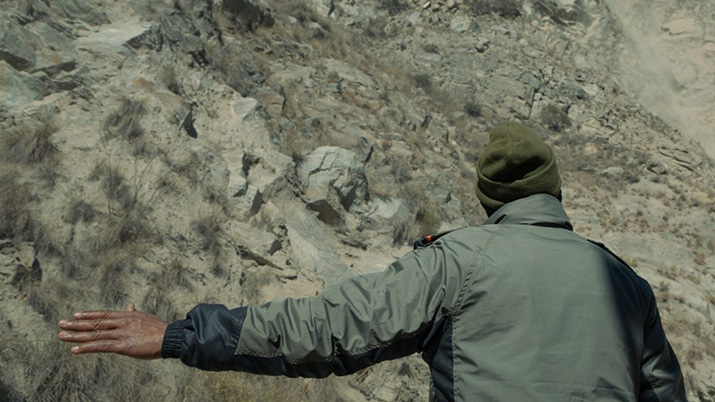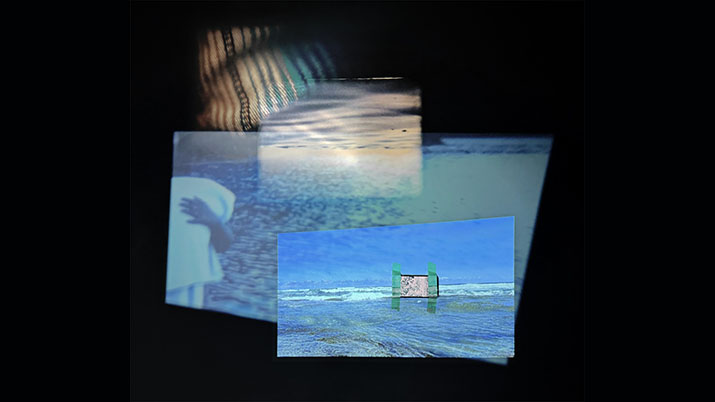Information Session
Wednesday April 5 at 1pm in Lasserre Room 210
In addition to receiving a $1000 Go Global Award, flights, accommodations and meals will be covered for selected students.
Students in any program at UBC are eligible to apply, but we strongly encourage students in Art History; Visual Art ; Architecture, Landscape Architecture, and Urbanism; Near Eastern & Religious Studies (now AMNE); Anthropology, or History.
Apply by April 13
This course is led by Georgios Makris
- Travel dates: 15 June – 4 July
- Course credit: ARTH 397, 3 credits
- Format: In person
- Locations visited: Komotini and Maroneia, Greece
- Program Fee: $415 Go Global Fee
- Funding: In addition to receiving a $1000 Go Global Award, flights, accommodations and meals will be covered for selected students.
This course investigates the medieval port city of Maroneia in northern Greece in its wider Mediterranean context. The primary objective of the course is to train students in significant values and archaeological methods, including data analysis and management, the close study of excavated artifacts, and the digitization of excavation archives, such archaeological diaries, photographs and drawings. Students will also gain an understanding of the material culture and archaeological remains of medieval Greece as well as insights into how these are made accessible and available to the academic community, the classroom, and the wider public. These objectives will be achieved through hands-on experience of archaeological fieldwork and study as part of the Maroneia Archaeological Project (MAP). The project involves the processing and sorting of archaeological finds, including ceramics, that have been collected through excavation; their interpretation with the aim of understanding the connections a medieval harbor in northern Greece had with the outside world; and the examination of excavated medieval houses, tombs and churches. In addition to contributing to the study of archaeological materials, students will attend seminars on Classical and Byzantine archaeology in Greece and visit important museums and cultural heritage sites in northern Greece. In addition to introducing students to the landscape of modern Greece, this type of work in the field will foster a collaborative spirit among students and will promote the value of teamwork. Finally, students will be encouraged to use the data and finds they studied in the field to initiate their own individual course projects.



